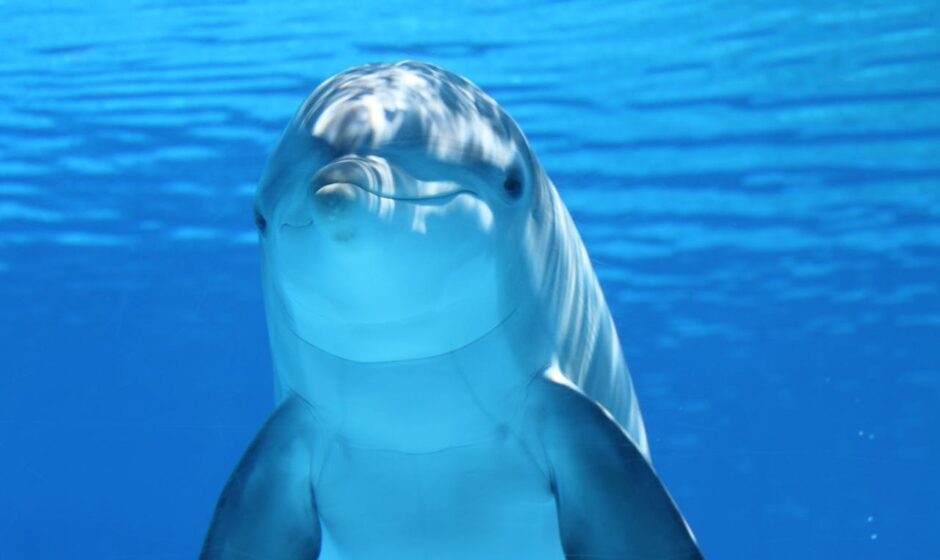In a startling revelation, a recent report by prominent conservation groups has underscored the alarming failure of 11 nations to adhere to stringent U.S. standards aimed at preventing whale and dolphin bycatch in their fisheries. This grim reality sheds light on the devastating impact of entanglement in fishing gear, resulting in the tragic deaths of hundreds of thousands of marine mammals globally each year.
Dianne DuBois, a distinguished staff scientist at the Center for Biological Diversity, emphasizes that some foreign fisheries are woefully lacking in monitoring or preventive measures against marine mammal bycatch. Despite the Marine Mammal Protection Act mandating the U.S. government to ban seafood from nations failing to meet these rigorous standards, the National Marine Fisheries Service has controversially postponed any decision on import bans until 2025.
“Our findings reveal that several countries, including Canada, Ecuador, Fiji, France, India, Indonesia, Mexico, Norway, South Africa, South Korea, and the United Kingdom, exhibit deficiencies in monitoring, bycatch limits, and enforcement,” states DuBois. The report advocates for import bans under the Marine Mammal Protection Act, stressing the pivotal role of the vast U.S. seafood market in contributing to the global effort to save marine mammals.
Zak Smith, a senior attorney and director of global biodiversity conservation at NRDC, condemns the consequences of allowing imports that fall short of U.S. standards. He warns that prioritizing business as usual over the survival of incredible marine species may deprive future generations of the opportunity to protect invaluable marine life.
Critically, the report discloses that many countries lack essential data on marine mammals in their waters and fail to effectively monitor or enforce measures to prevent bycatch. In nations like Mexico and Norway, where imperiled species such as the vaquita and harbor porpoises are at risk, the failure to limit killings poses a severe threat to marine biodiversity.
The United States, holding the unenviable title of the world’s largest seafood importer, brings in 70% to 85% of its consumed seafood from around the globe. This equates to over 6 billion pounds of fish, shellfish, and seafood products worth more than $21 billion annually, comprising over 15% of the global value of marine food products in trade.
Kate O’Connell, senior policy consultant for the Animal Welfare Institute’s marine life program, highlights the long-standing consumer sentiment in the U.S. against purchasing seafood caught using methods that harm marine mammals. O’Connell stresses the responsibility of the National Marine Fisheries Service to ensure that all commercial fishing operations exporting seafood to the U.S. comply with federal standards.
Sarah Dolman, senior ocean campaigner for Environmental Investigation Agency UK, underscores the urgency of addressing the unsustainable bycatch of dolphins, porpoises, and other marine mammals in fisheries worldwide. Dolman stresses that the U.S. law offers a unique opportunity to prevent thousands of these deaths and calls for immediate action, emphasizing that the world cannot afford to wait any longer.
The Marine Mammal Protection Act, in effect since 1972, initially overlooked by the National Marine Fisheries Service, now faces a prolonged deadline extension, prompting concerns about the agency’s commitment to safeguarding ocean biodiversity. As the global community grapples with the pressing need for conservation, the role of the U.S. seafood market emerges as a linchpin in driving change and protecting marine life on a planetary scale.

